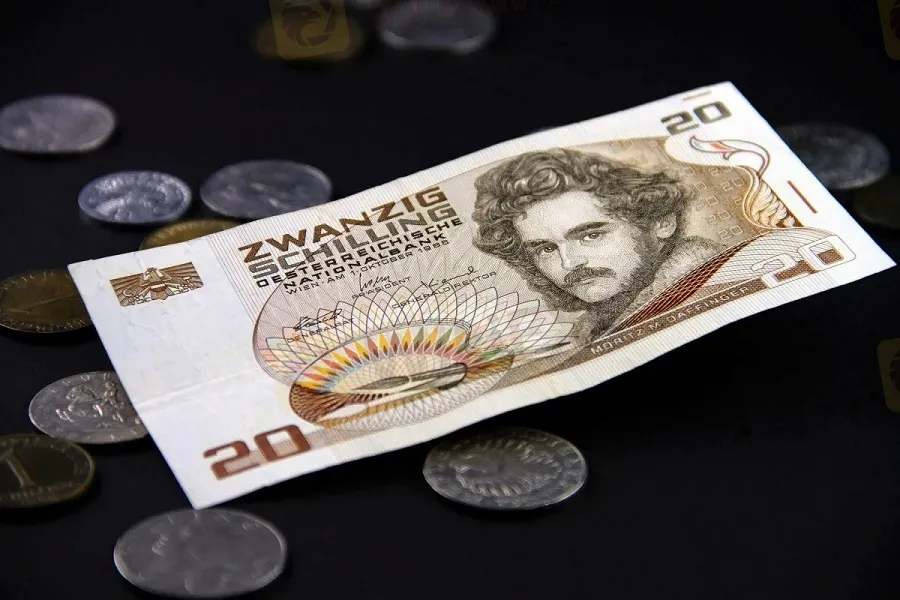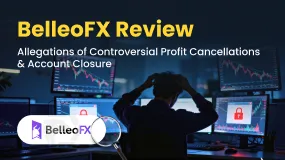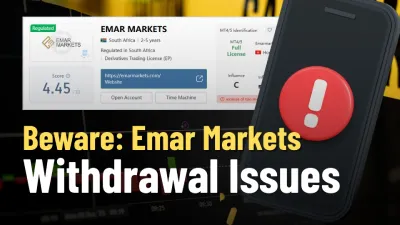Abstract:Currencies come and go. According to Bloomberg, over $10 billion in unredeemed outdated currencies circled in the EU after the euro was introduced.

Currencies come and go. According to Bloomberg, over $10 billion in unredeemed outdated currencies circled in the EU after the euro was introduced.
Obsolete currency refers to paper money issued by entities other than the federal government, e.g. state banks, railroads, merchants, state and local governments. The money issued by state banks makes up the largest portion of obsolete currency, also commonly referred to as “Broken Banknotes”.
Surely, replacing a currency is a long and complicated process. It mostly occurs in intense situations such as hyperinflation, massive counterfeiting, political turmoil, or membership into a monetary union (like the EU).
In any case, it is good to know which currencies are obsolete and the story behind them. It can help traders identify monetary instability and prepare in time. Continue reading to discover more about the topic.
European Currencies
The euro was first introduced as coins and banknotes on January 1, 2002, in 12 countries. The switch was deemed to be the biggest cash changeover in history. After all, those 12 countries had century-old currencies before the euro. The union took all precautionary measures to gradually phase out national currencies. However, not everybody replaced them in time.
The transition to euro is still ongoing as more countries enter the EU and change national currencies. The most recent example is Croatia, which will probably switch to the euro entirely by 2023, making their national currency, kuna, obsolete.
Below are some other pre-euro currencies that were used in Europe:
• Irish pound
• Austrian shilling
• Belgian franc
• French franc
• Finish markka
• Greek drachma
• German Deutschmark
• Italian lira
• Portuguese escudo
ShillingShilling
The shilling is a historical coin, and the name of a unit of modern currencies formerly used in the United Kingdom, Australia, New Zealand, other British Commonwealth countries and Ireland. If there is a currency with a complex history, the shilling is definitely it!
The shilling is a coin, or a monetary unit, with a strikingly long history in the UK. It had a value of one-twentieth of a pound and was first used as an official coin in 1550 in Britain. For the sake of international trade, in the mid-20th century, Britain accepted the decimal system for dividing currency, and the shilling (previously worth 12p) disturbed that system. The coin circled around for a while before becoming completely obsolete in 1991.
Although the shilling was a coin in the UK, it became the official currency in many countries, namely Austria and former British colonies. Its still the main currency in 5 East African countries – Kenya, Uganda, Tanzania, Somalia, and Somaliland. However, there have been plans for its replacement.
Zimbabwe Dollar
The Zimbabwean dollar was the name of four official currencies of Zimbabwe from 1980 to 12 April 2009. It is Another former British colony, Zimbabwe has also experienced currency changes and turbulences. Matters became even more complex when Zimbabwe decolonised and created its own government.
First, the Rhodesian pound in Rhodesia was replaced with the Rhodesian dollar. Then, after Rhodesia became Zimbabwe, the currency switched to the Zimbabwe dollar. But the inflation reached such highs that the government issued a banknote of $100 trillion at one point. During this period, there was a green light on using foreign currencies to overcome inflation.
Having such critical circumstances, they had to abolish the currency in 2015 and, in 2019, launched the RTGS Zimbabwe dollar. Inflation didnt stop, so the government once again allowed the usage of foreign currencies.
Yugoslav Dinar
The dinar was the currency of the three Yugoslav states: the Kingdom of Yugoslavia, the Socialist Federal Republic of Yugoslavia, and the Federal Republic of Yugoslavia between 1918 and 2003. The dinar was subdivided into 100 para. With such a long history, its normal for it to be subject to changes. However, no change was so radical as the mass banknote printing in the early 90s.
As a result of the political turmoil and hyperinflation, the government had to take money from its citizens, resulting in banknotes worth up to 500 billion dinars. To make matters worse, this banknote became obsolete in around two weeks.
The situation became so severe that Montenegro had to start using the German currency to survive the inflation. After a brief period, Yugoslavia fell apart, and each former republic introduced separate national currencies.
This just goes to show how political turmoil can greatly impact a nations currency and economic stability.
Worlds Most Trusted Broker
Currencies constantly fluctuate and, as you can see, may become obsolete. So, you must be confident when entering the world of foreign exchange.cThe first step is finding a reliable forex broker.








